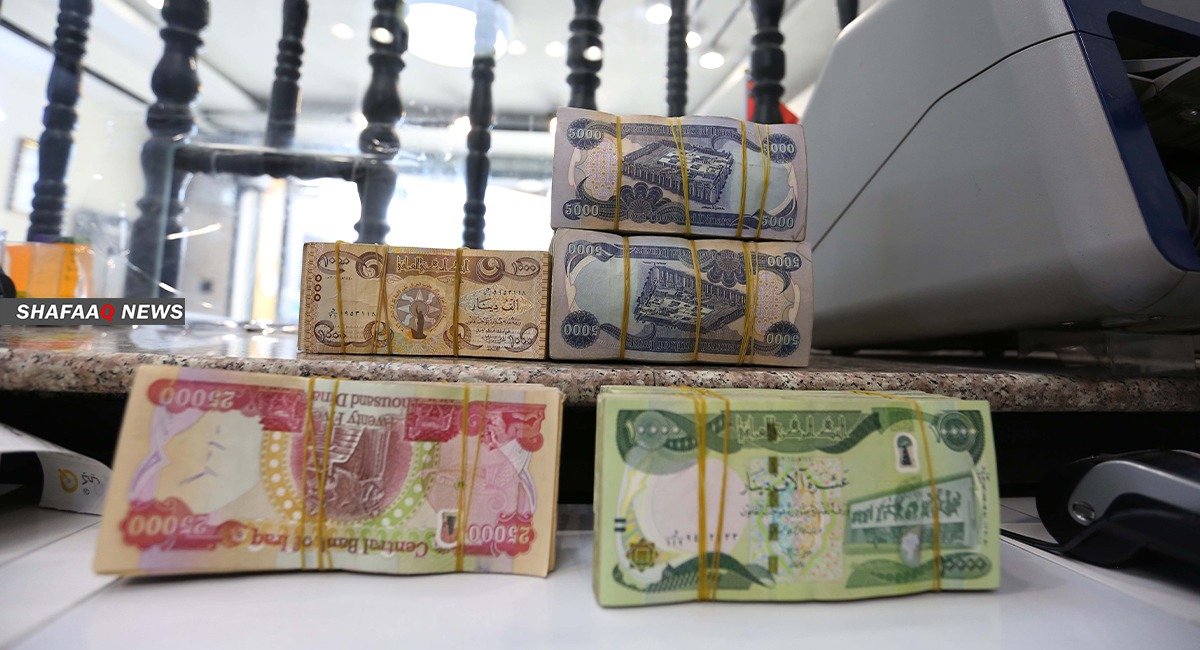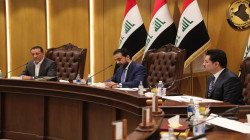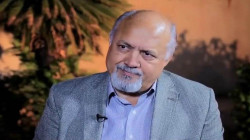Reversing devaluation renders treasury susceptible to the oil market's lability, MP warns

Shafaq News/ Member of Iraq's legislative body Mesh'an al-Jubouri on Sunday said that reversing the devaluation of the Iraqi dinar against the US dollar will render the Iraqi treasury more vulnerable to the lability of the oil market, warning that the government would not be able to fulfill its financial obligations if oil prices plummet.
"Reducing the US dollar exchange rate [against the Iraqi dinar] will cost the treasury additional ten billion dollars annually," the lawmaker tweeted, "if oil drops to $60, it would not be able to pay the salaries and fund infrastructure projects."
Al-Jubouri proposed "focusing on pondering alternatives to support poor castes and reducing the prices of basic commodities for the low-income families."
The Iraqi parliament convened yesterday, Saturday, to deliberate the reverberations of the local currency's devaluation against the Iraqi dinar. The session was intended to be held in the presence of the Finance Minister, Ali Abdul-Amir Allawi, and the Governor of the Central Bank of Iraq (CBI), Mustafa Ghaleb Makhif. However, only the latter appeared.
The Deputy Parliament Speaker, Hakem al-Zameli, who headed the meeting, instructed the Iraqi government to address the negative impacts of the devaluation; otherwise, the parliament will step up to take the initiative per the terms of references granted to it per the constitution.
Independent MP Basem Khashan said in a post he shared on Facebook, "Most political parties endorsed the devaluation. The budget bill that validated the current exchange rate was approved by the majority of the blocs. While the rate was raised, the government did not take any step to compensate for the huge losses in the salaries of the employees, workers, and poor people."
"It is okay for the parties to make up their minds about raising the dollar's exchange rate. However, they shall translate the change by the correct constitutional and democratic means," he added.
Last week, the leader of the Sadrist movement, Muqtada al-Sadr, cracked a list of recommendations he believes it might contribute to leaching the volatile exchange rate of the U.S. dollar against the Iraqi dinar.
The hand-written list shared by the firebrand Shiite cleric included summoning the minister of finance and the governor of the Central Bank of Iraq "Immediately".
Al-Sadr called for halting currency smuggling by force, organizing and centralizing the currency market, and enacting laws that boost the national currency.
The Sadrist leader called for scrutinizing the activity of some banks that belong to "persons controlling the currency like al-Sharq al-Awsat (the Middle East), al-Qabedh, and al-Ansari, and other private banks," and "dealing firmly with the banks affiliated with some political parties controlling the people and the land."
Yesterday, al-Sadr said in a tweet that the Iraqi citizens shall not be burdened by the downsides of the dinar devaluation, calling on the Iraqi government to take firm steps to curb the rise of prices.
"Raising the exchange rate of the dollar, regardless of its upsides and downsides, shall not bring the prices of the commodities, particularly the basic ones, higher," al-Sadr tweeted.
Al-Sadr called for holding the traders who tamper with the prices of the goods accountable, "particularly, with the holy month of Ramadan around the corner."
According to statement by the parliament's presidium, al-Sadr's recommendations prompted the summoning of Makhif and Allawi.

